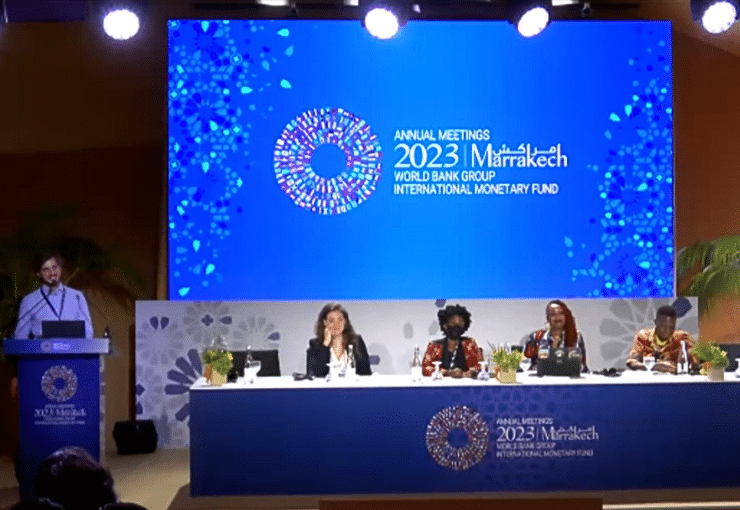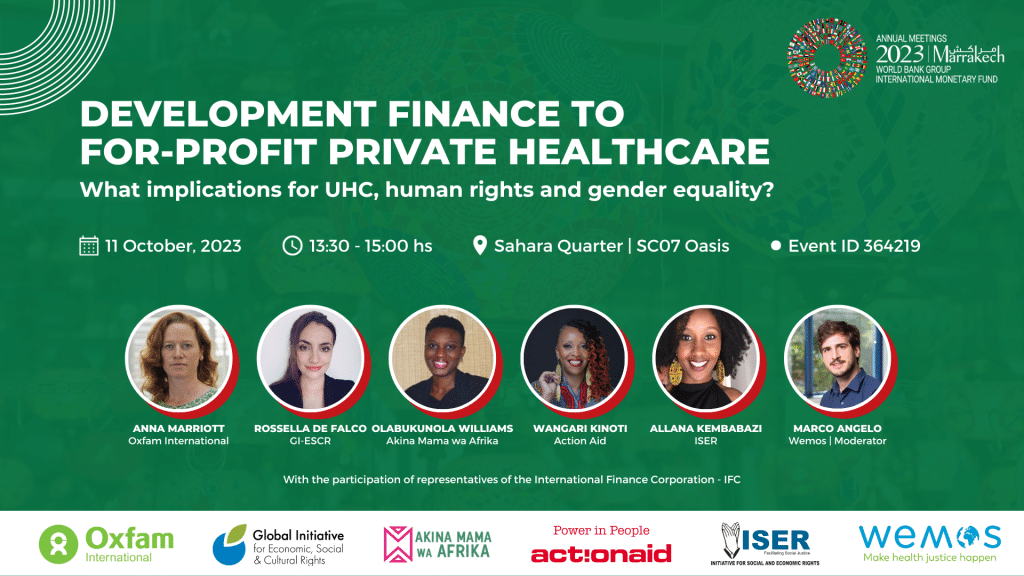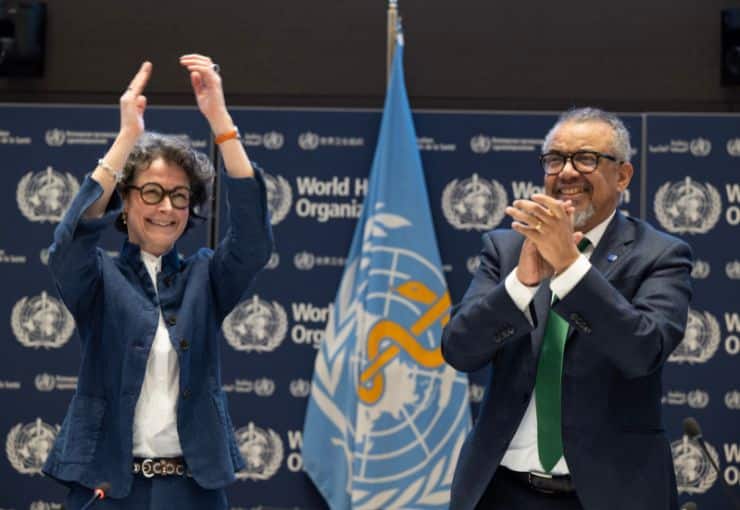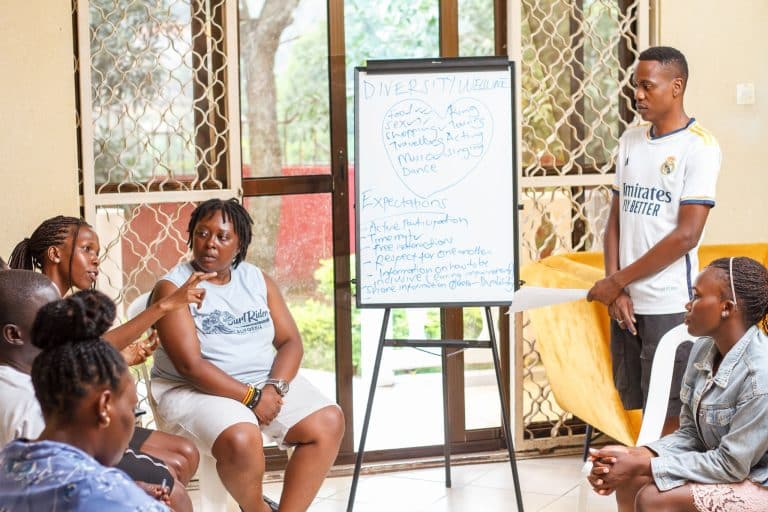Universal Health Coverage is at the spotlight of discussions surrounding the right to health and health equity. This is not different in the realm of global development.
During the upcoming World Bank Group-International Monetary Fund Annual Meetings 2023 , Wemos and partner civil society organizations (CSOs) will hold the session “Development Finance for For-Profit Private Healthcare: What Implications for UHC, Human Rights, and Gender Equality?” The session, part of the Civil Society Policy Forum (CSPF), will explore the multifaceted aspects of investments in the private healthcare sector. Global health advocate Marco Angelo will be the moderator.
About the session
The session will convene experts in global health to debate the impacts of using development funds to finance for-profit private healthcare. Do investments in private healthcare contribute to achieving UHC, human rights, and gender equality?
The session kicks off with a presentation by Anna Marriott of Oxfam International, who will introduce Oxfam’s recently launched report, ” Sick Development .” The report describes how the International Financing Corporation (IFC), the private arm of the World Bank, along with other development institutions, finance private hospitals which have been reported for overcharging patients, blocking them from getting care, and other related abuses.
Marriott’s presentation will set the stage for a thoughtful discussion on the development rationale for investing in the private sector and whether it holds up given the evidence presented. The dynamic panel of speakers includes Rossella de Falco (GI-ESCR), Olabukunola Williams (Akina Mama wa Afrika), Wangari Kinoti (Action Aid), and Allana Kembabazi (Initiative for Social and Economic Rights – ISER). They will discuss a range of issues, from the conflicts between profit and the right to health to the impact of private healthcare investment on gender equality and marginalized communities.
Throughout the debate, we aim to share an understanding of the priorities of low and middle-income countries’ populations, what are the alternative financing methods for healthcare, and where private sector finance could add the most value. It will provide valuable insights into the challenges and opportunities associated with different financing models.
The session will wrap up with a Q&A round, when the audience will further enrich the conversation.
This is a great opportunity to assess development finance in the context of health equity, UHC, and gender equality.





